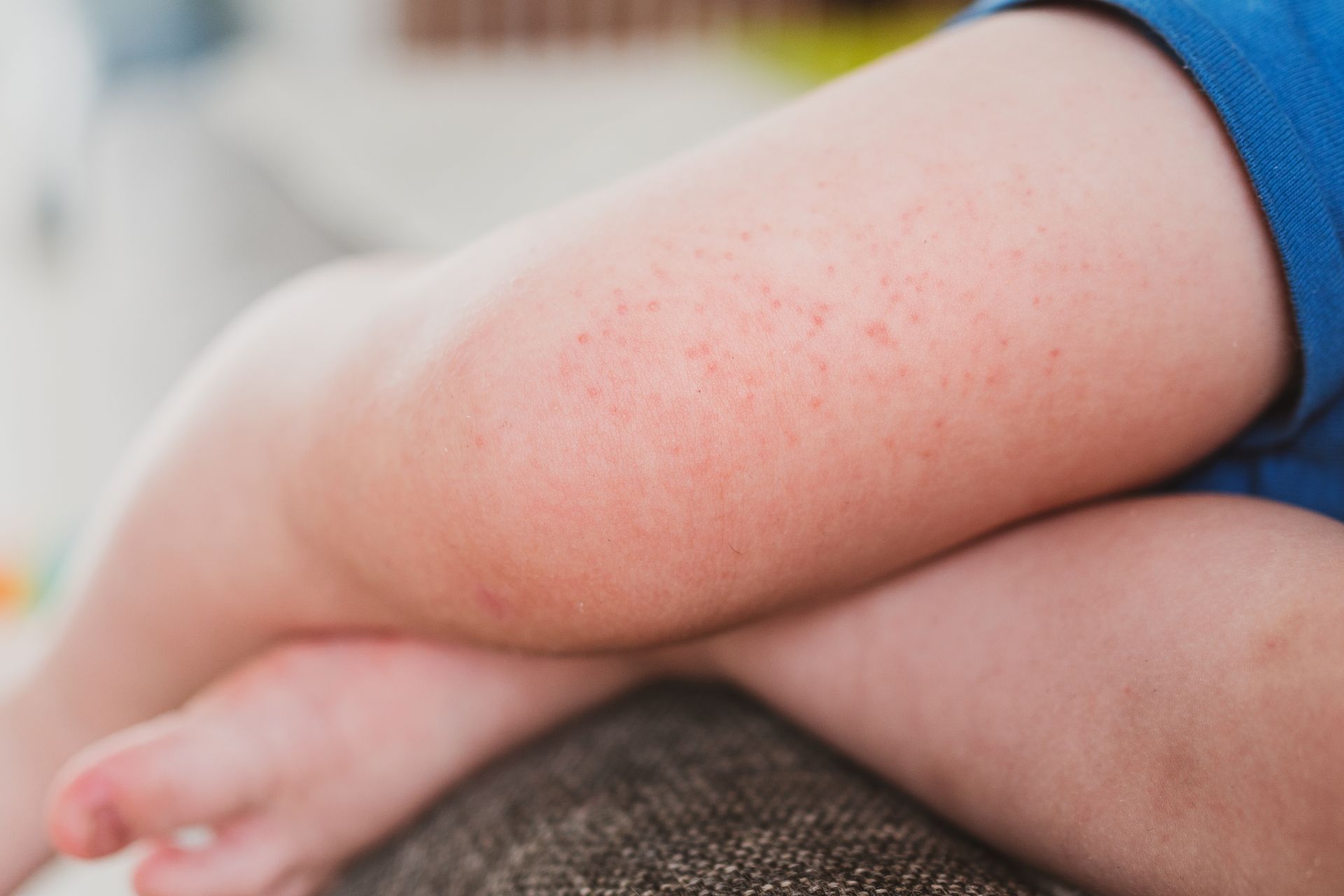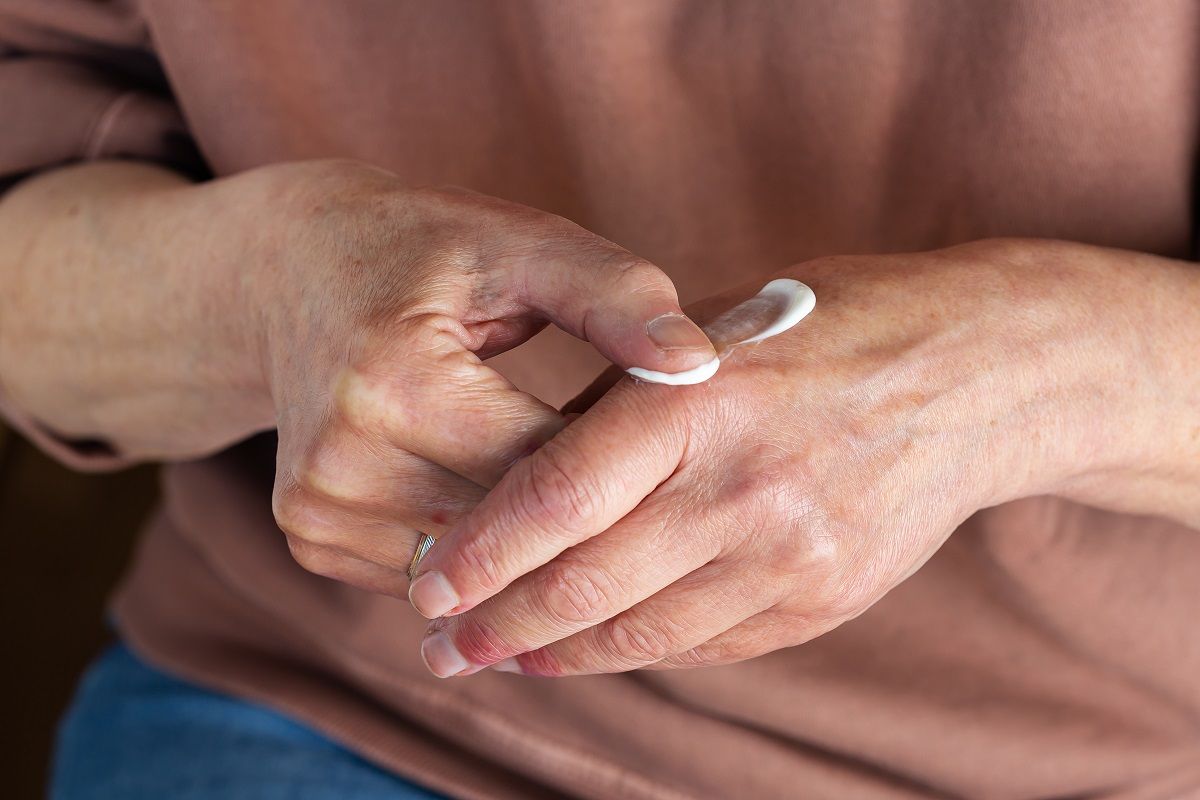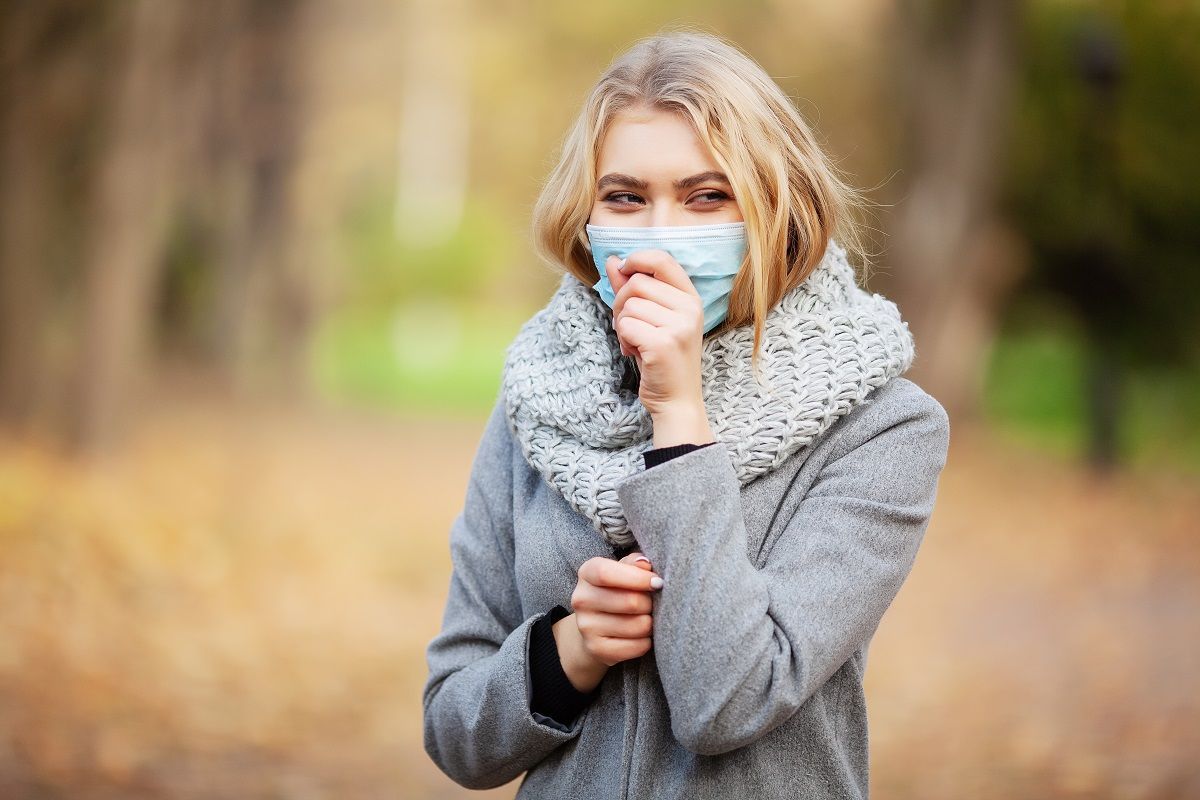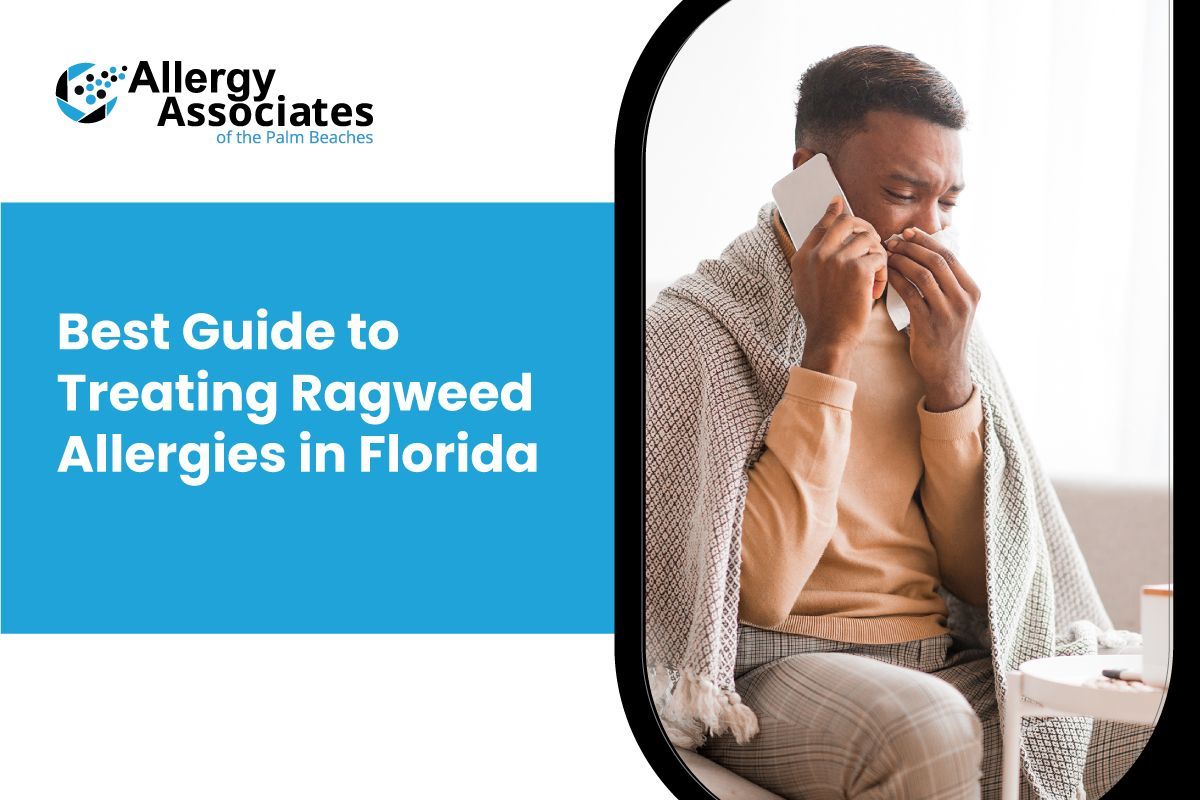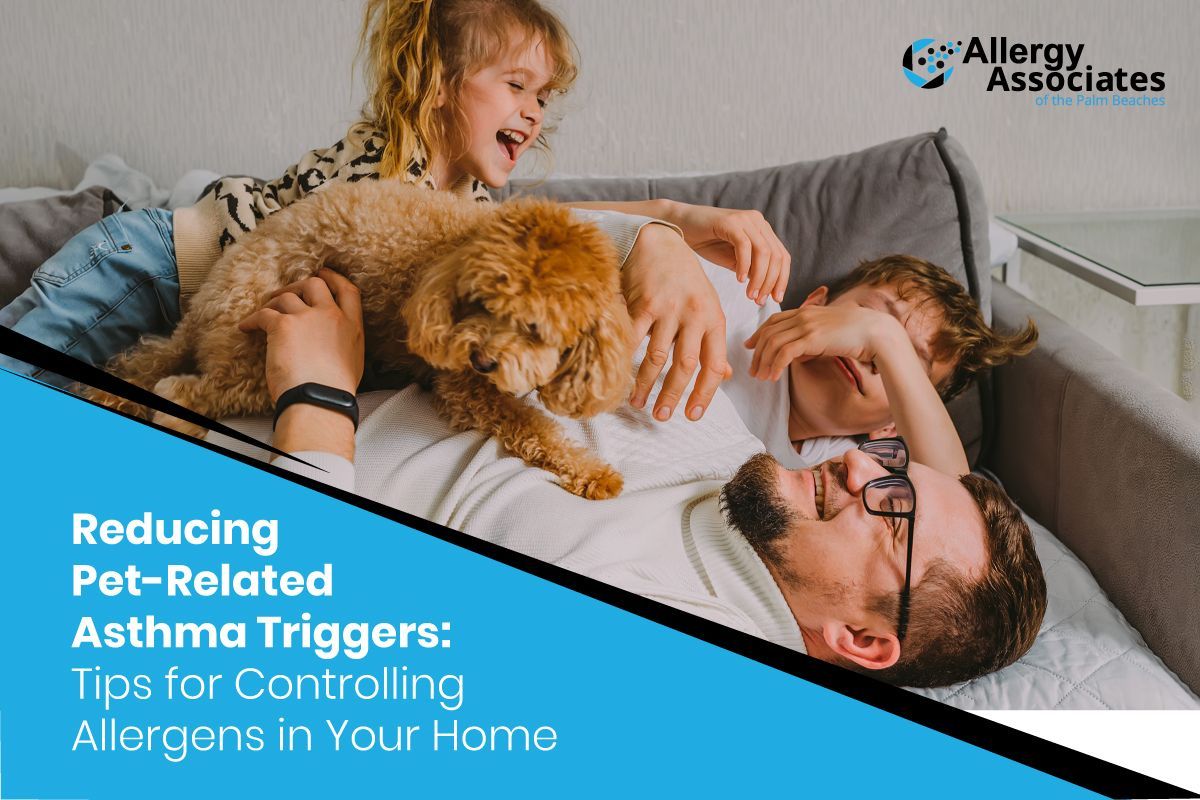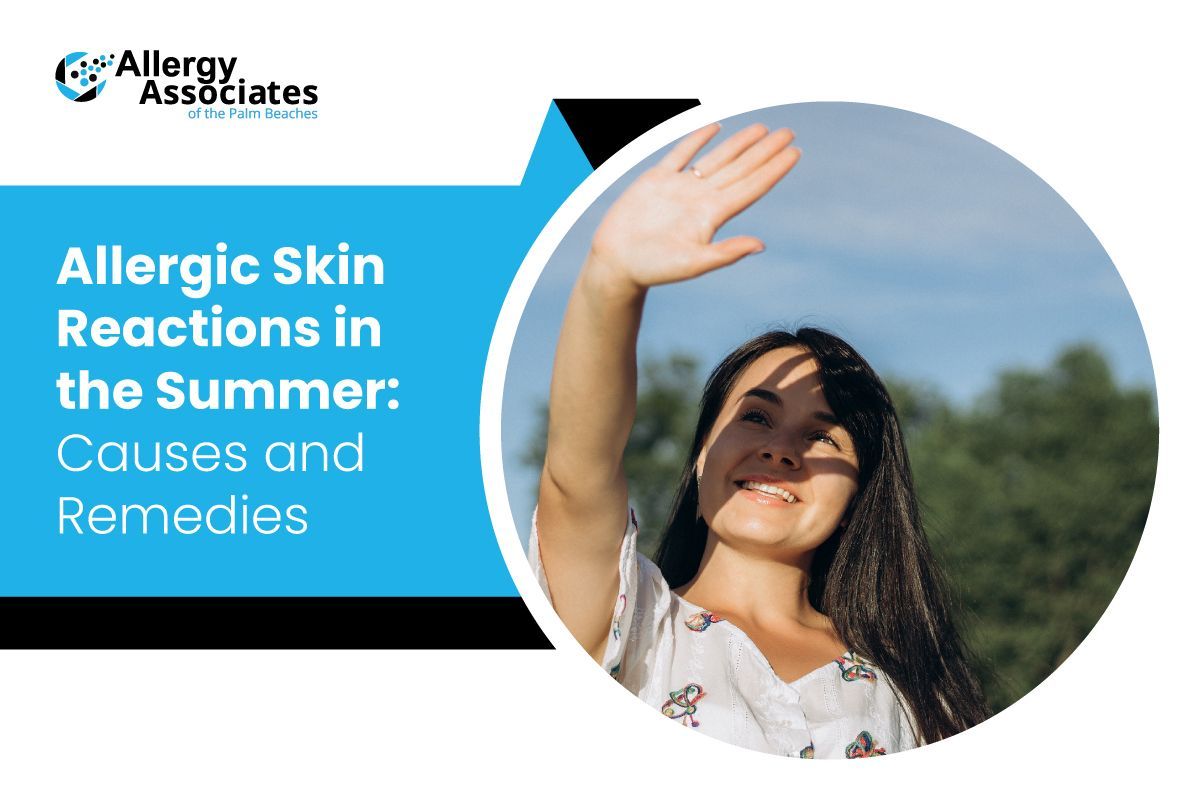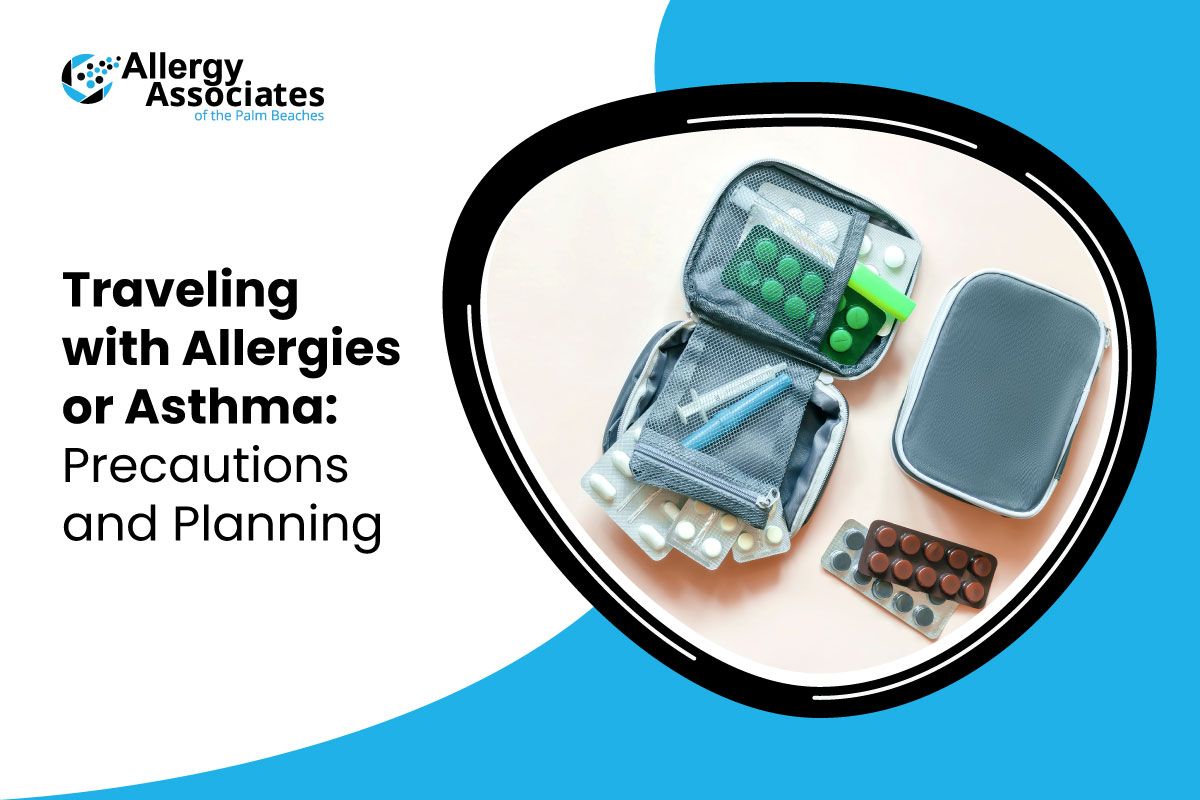Imagine strolling along Florida’s sunny beaches, only to sneeze and sniffle amidst the vibrant blooms of spring. For many Floridians, this scenario is all too familiar. As a new season arrives, so do allergens, triggering unpleasant symptoms and disrupting daily routines. This season, it’s time to reclaim your springtime glee in the Sunshine State.
This article explores the topic of spring allergies in Florida, providing you with information and tactics to alleviate and manage them effectively. Whether you’re a long-time resident or a newcomer, understanding allergies in spring and their remedies significantly enhances your quality of life.
What Causes Spring Allergies in Florida?
Springtime in Florida brings a colorful array of blossoms and foliage, but it also heralds the arrival of pollen season. During this time of the year, trees, grasses, and weeds release an abundance of pollen into the air. Common allergens include oak, pine, grass, and ragweed pollen. According to local data, Florida’s high humidity levels create an ideal environment for more allergens to thrive, exacerbating allergy symptoms for many residents. Common allergens include:
- Oak Pollen
The pollen released by oak trees, commonly found throughout Florida, can cause allergic reactions in numerous people, resulting in symptoms such as sneezing, itchy eyes, and nasal congestion.
- Grass Pollen
Florida's warm climate fosters lush grasslands, contributing to high grass pollen levels in spring. Individuals with grass pollen allergies can experience symptoms ranging from minor discomfort to severe breathing difficulties.
- Ragweed Pollen
Ragweed, a common weed in Florida, releases copious amounts of pollen into the air, often causing allergic reactions in susceptible individuals. Symptoms may include sneezing, runny nose, and itchy throat.
Read More:
Best Guide to Treating Ragweed Allergies in Florida
Learning about these allergens can help you identify what triggers your allergies. With this knowledge, you can reduce exposure and successfully alleviate your symptoms.
Read More:
What to Know About the 2022 Spring Allergy Season
Understanding the Symptoms of Spring Allergies
Spring allergies can manifest in various ways, and recognizing the symptoms is crucial for effective management. Here's a comprehensive guide to understanding the signs of spring allergies:
- Sneezing: One of the most common symptoms of spring allergies is frequent sneezing. If you sneeze multiple times in succession, especially when exposed to outdoor environments or allergens, it could indicate an allergic reaction.
- Nasal Congestion: Another prevalent symptom is nasal congestion, characterized by a stuffy or blocked nose. You may experience difficulty breathing through your nostrils, leading to discomfort and impaired sense of smell.
- Itchy and Watery Eyes: Spring allergies often cause irritation and inflammation in the eyes, resulting in itchiness, redness, and teary eyes. If you constantly rub your eyes or notice a persistent watery discharge, it could be a sign of allergic conjunctivitis.
- Coughing: Allergens such as pollen can irritate the throat and airways, triggering bouts of coughing. This dry, persistent cough may worsen when exposed to allergens or during periods of high pollen count.
- Fatigue: Allergy symptoms can take a toll on your energy levels, leaving you tired and lethargic. If you find yourself unusually tired despite adequate rest, it could be due to your body's immune response to allergens.
- Headache: Some individuals may experience headaches or migraines as a secondary symptom of spring allergies. These headaches may be accompanied by sinus pressure and facial pain, further adding to the discomfort.
Recognizing these symptoms early on can help you take proactive measures to manage your allergies effectively. Whether it's avoiding triggers, seeking appropriate treatment, or making lifestyle adjustments, promptly addressing spring allergy symptoms can improve your quality of life during pollen season.
How to Avoid Spring Allergies
Now that you’re familiar with the culprit behind spring allergies, let’s explore practical tips to minimize your exposure and reduce symptoms:
- Stay Indoors During Peak Pollen Hours
Pollen levels typically peak during the early morning and late afternoon. Limit outdoor activities during these times to minimize your exposure to allergens. You may also be able to stay up to date with pollen levels and allergy updates in Florida by searching “Florida allergies today.”
- Keep Windows Closed
While Florida’s warm weather may tempt you to open your windows, doing so allows pollen to infiltrate your home. Opt for air conditioning and keep windows shut to create a pollen-free sanctuary indoors.
- Invest in High-Efficiency Air (HEPA) Filters
Consider installing HEPA filters in your home’s HVAC system to trap airborne allergens effectively. Replacing filters regularly helps maintain clean indoor air quality and alleviate allergy symptoms.
- Practice Good Personal Hygiene
Once you've been outside, take a quick shower and change your clothes as soon as you return home. By promptly washing away these allergens, you can minimize their potential to linger and trigger allergic reactions. Additionally, changing into fresh clothes helps prevent pollen from spreading throughout your home, maintaining a clean and allergy-free environment. This simple habit can prevent allergens from lingering and exacerbating symptoms.
Spring Allergy Treatment Options
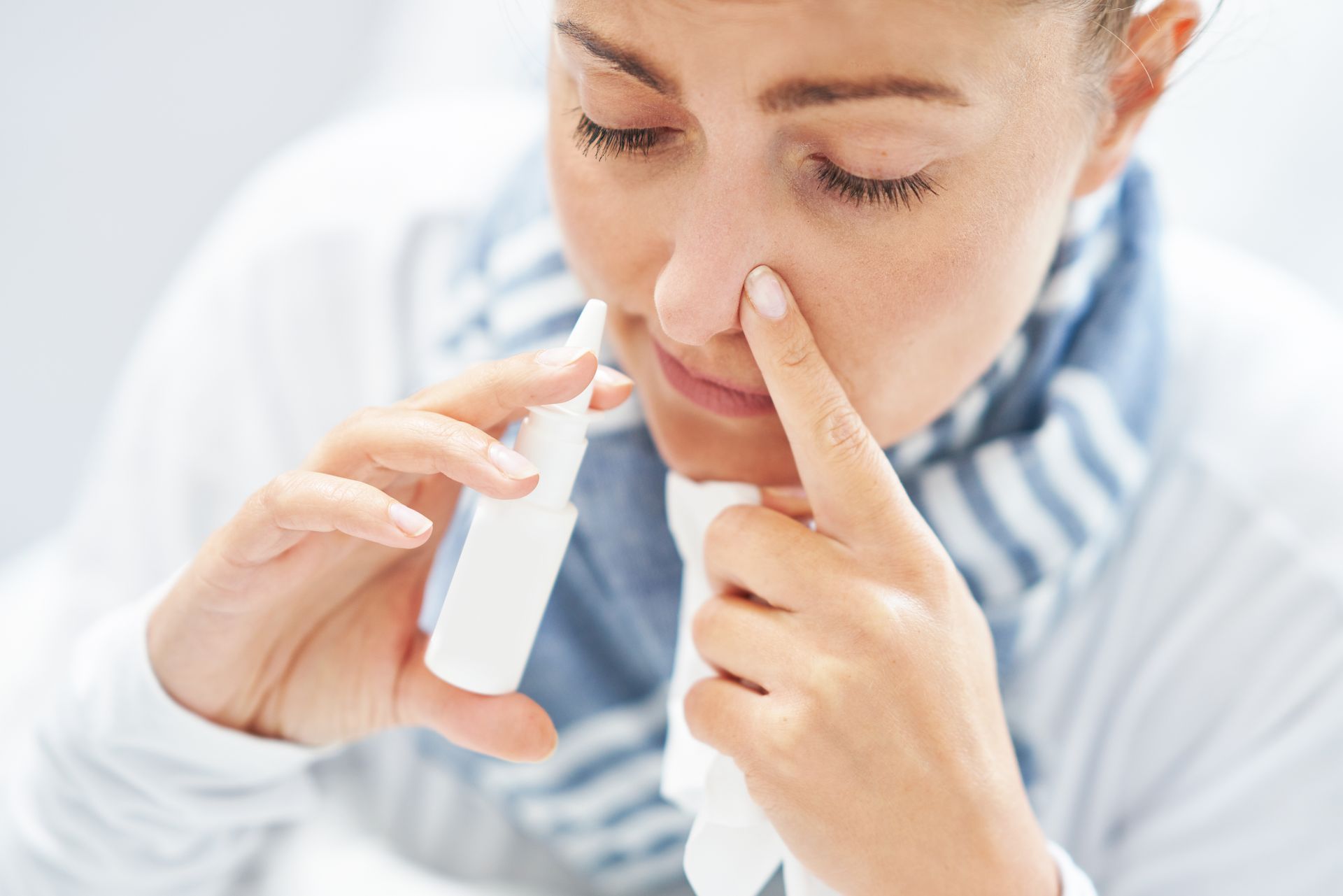
Even with precautions, allergies can sometimes sneak up on you. When symptoms strike, several treatment options can provide relief:
- Over-the-Counter Antihistamines
Non-prescription antihistamines such as loratadine or cetirizine may alleviate allergy symptoms, including sneezing, itching, and nasal congestion.
2. Nasal Corticosteroids
Prescription nasal corticosteroid sprays, such as fluticasone or triamcinolone, decrease inflammation in the nasal passages. They help ease congestion and enhance breathing.
3. Allergy Shots
If medication fails to treat severe allergies effectively, allergists may recommend allergen immunotherapy as an alternative option. This treatment involves administering gradually increasing doses of allergens to desensitize the immune system over time.
Spring Allergy Tips for Floridians
Living with spring allergies in Florida doesn’t have to dampen your springtime fun. With the right strategies and mindset, you can minimize your symptoms and enjoy everything this beautiful season offers. Here are some additional tips to help you navigate spring allergies like a pro:
- Plan Outdoor Activities Wisely
Schedule outdoor activities when pollen counts are lower, such as in the early morning or late evening.
- Wear Sunglasses
Protect your eyes from airborne allergens by wearing wraparound sunglasses when spending time outdoors.
- Stay Hydrated
Increasing your water intake can assist in thinning mucus and relieving nasal congestion triggered by allergies.
- Seek Professional Help
If over-the-counter remedies aren’t providing relief, don’t hesitate to consult an allergist for personalized treatment options.
Your Defense Against Florida’s Spring Allergies
As spring unfolds its beauty across Florida, don’t let allergies dampen your enjoyment of the season. You can reclaim control of your health and well-being by understanding the triggers, symptoms, and practical strategies for managing spring allergies. Taking proactive measures, such as steering clear of areas with high pollen levels or finding the proper treatment, significantly improves allergy management and empowers you to enjoy springtime in Florida to the fullest.
Ready to tackle spring allergies head-on? Schedule an appointment with us at
Allergy Associates of the Palm Beaches. Say hello to our allergy specialists and say goodbye to sneezing and sniffles this season. Call us at (561) 626 2006 or click the “Book an Appointment” button to schedule a visit.
Allergy Associates of the Palm Beaches
Allergy Associates of the Palm Beaches | All Rights Reserved.


